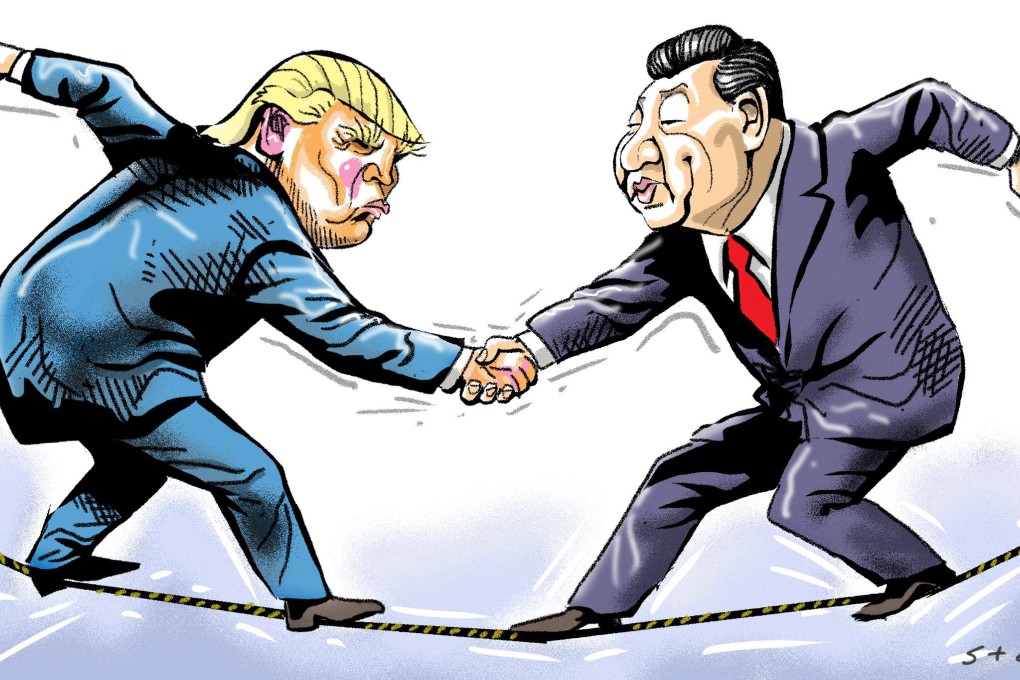Why the US needs China to succeed, and vice versa
Tom Plate says whether to cooperate or not isn’t really a choice when survival is at stake for the US, China and the rest of the world


Watch: Donald Trump’s remarks at dinner with Xi Jinping
China, as even the disturbingly unschooled Trump understands, has arrived. To put the matter bluntly (and to put aside for now the US strike on Syria), China is no ordinary nation, and, with all due respect to Japan and its extraordinary place in the world, America’s relationship with China is its single most important bilateral relationship.
But their histories are so different. “It is scarcely appreciated in the West today,” writes journalist Howard French in his refreshing and utterly essential new book, Everything Under the Heavens: How the Past Helps Shape China’s Push for Global Power, “that the ‘international system’ we so readily take for granted is actually a recent creation. It took shape between the middle of the nineteenth and the middle of the twentieth centuries, and started to be cobbled together at the precise moment that China was being subjugated by others and the world order it had sustained.”
China, as even the disturbingly unschooled Trump understands, has arrived
The new international system is now working its way into our lives, and change can be upsetting. Many Americans worry about China and some even insist war is inevitable. This is not going to happen. Neither China nor the US will ever invade the sovereign territory of the other. Such primitivism would be nonsensical. There is a no valid reason, neither ideological nor geopolitical, to justify war. It would be a stupidity – a plunge into a black hole of insanity. Both would be morally guilty of world endangerment, and both governments would reveal themselves as pathetically incompetent.
An enduring, high level of cooperation between the two giant powers is the only intelligent way forward if the species itself is not to be endangered by the lowliest level of international non-cooperation: nuclear war.
